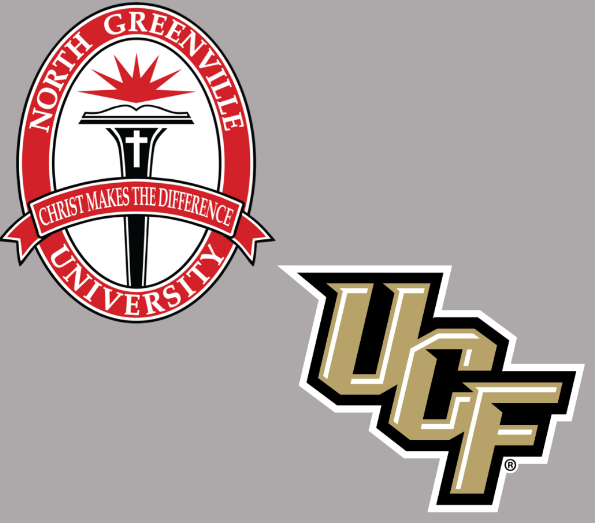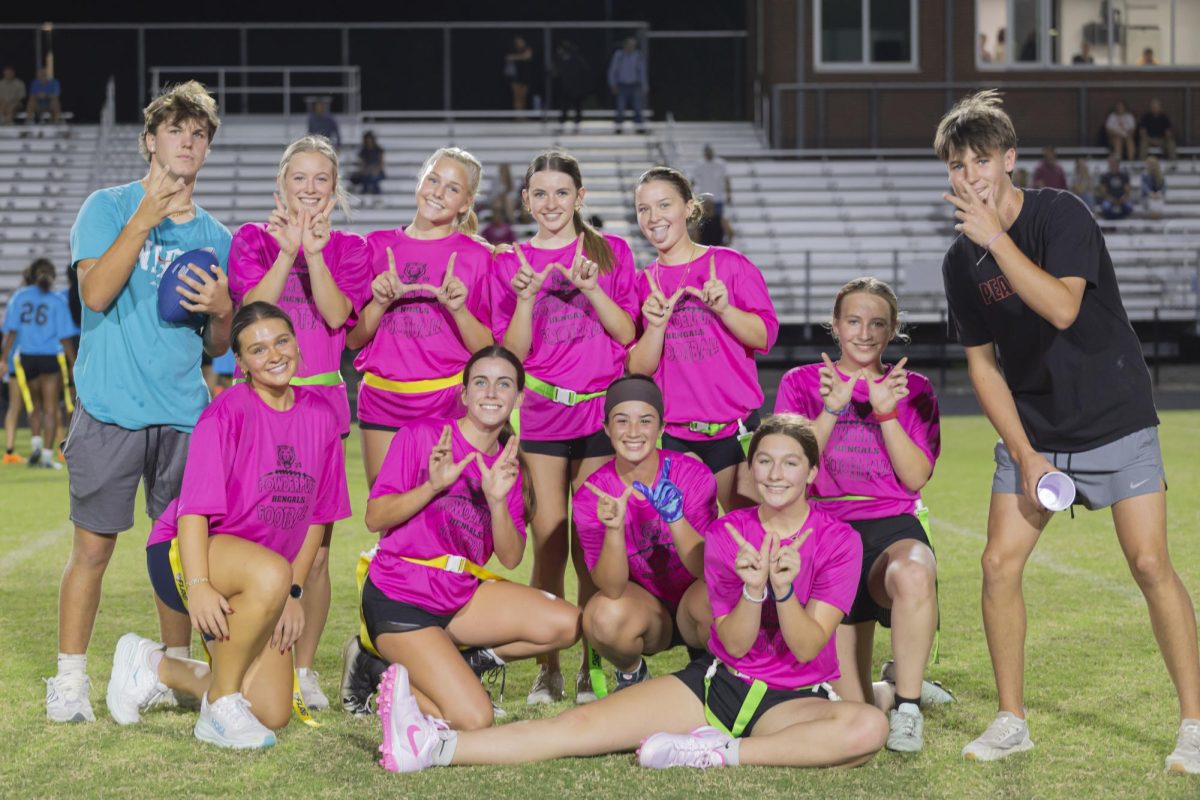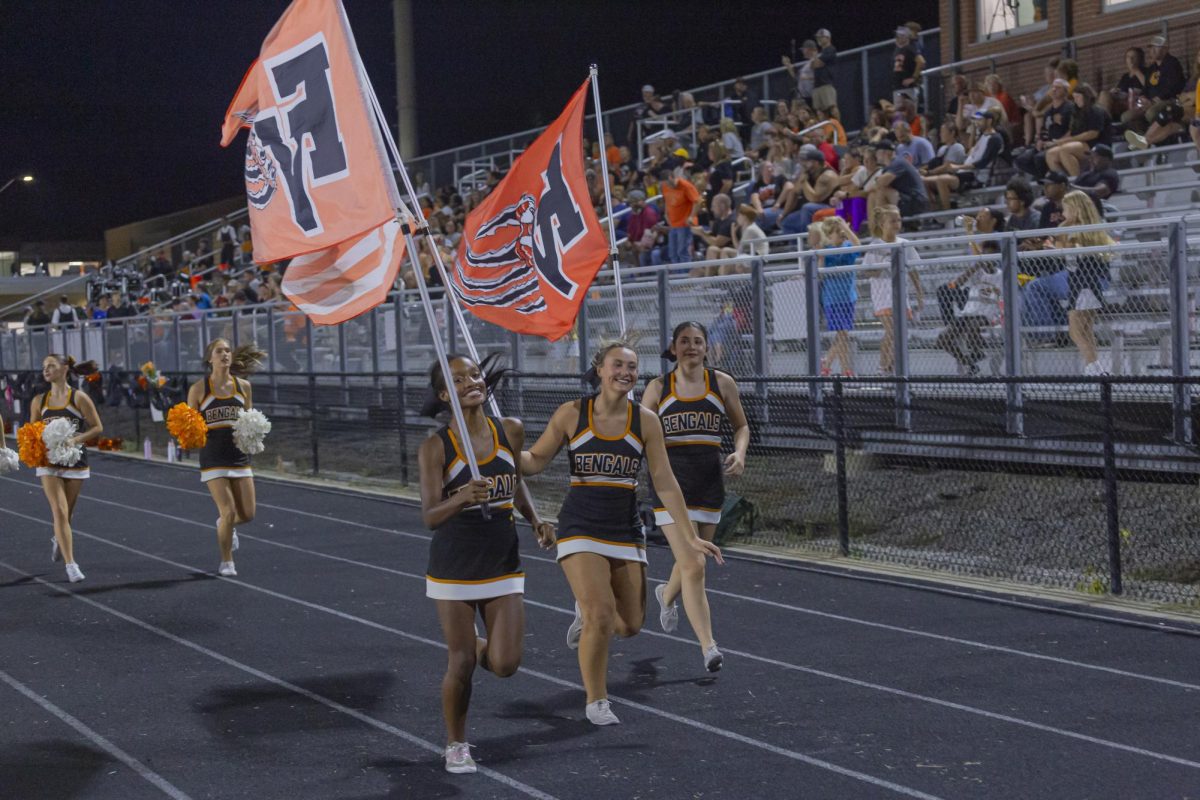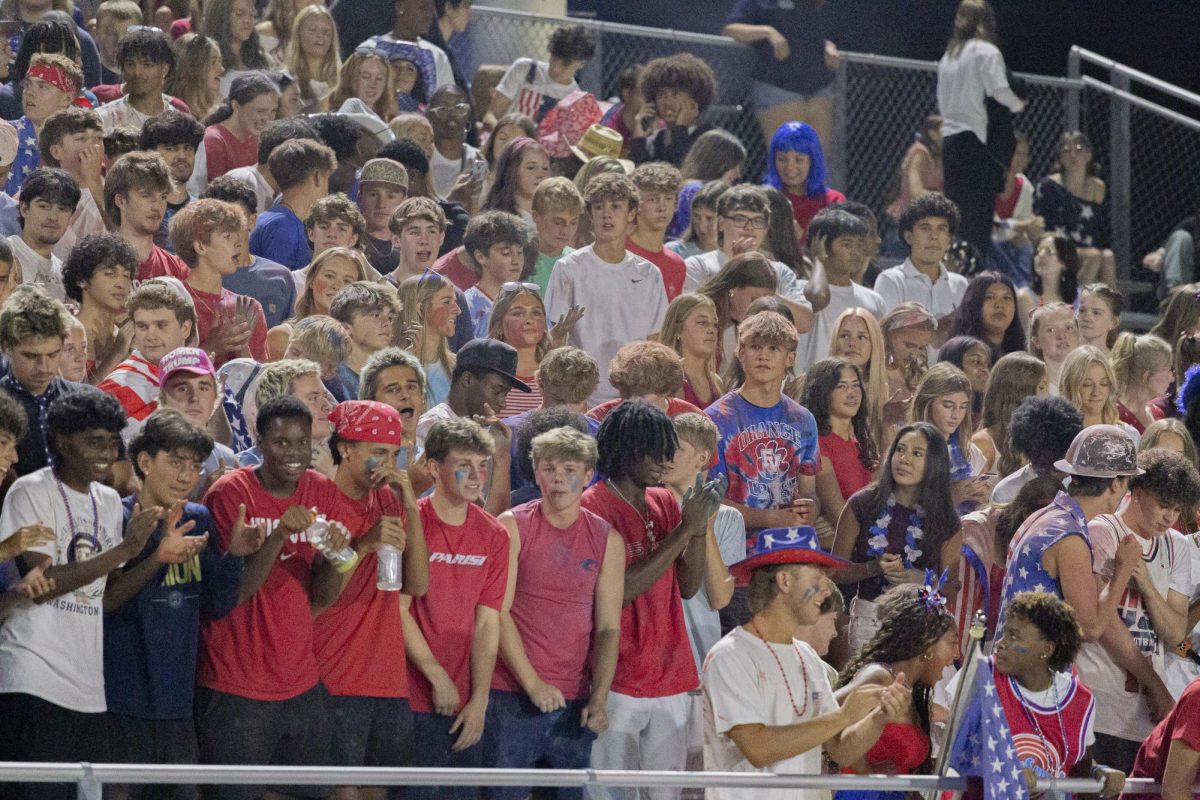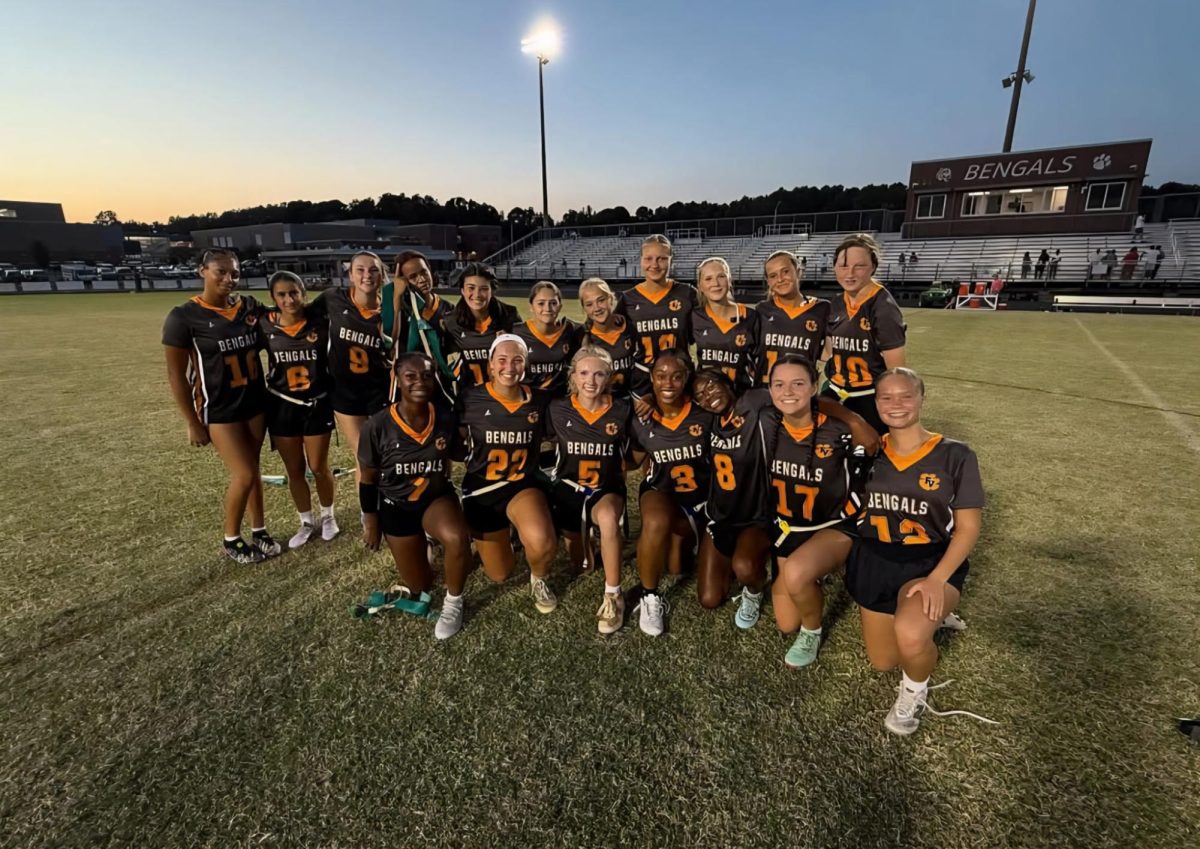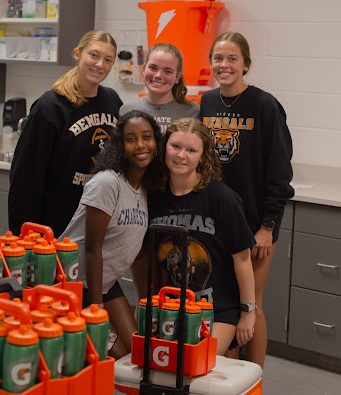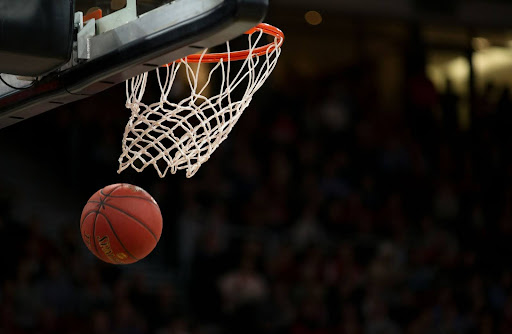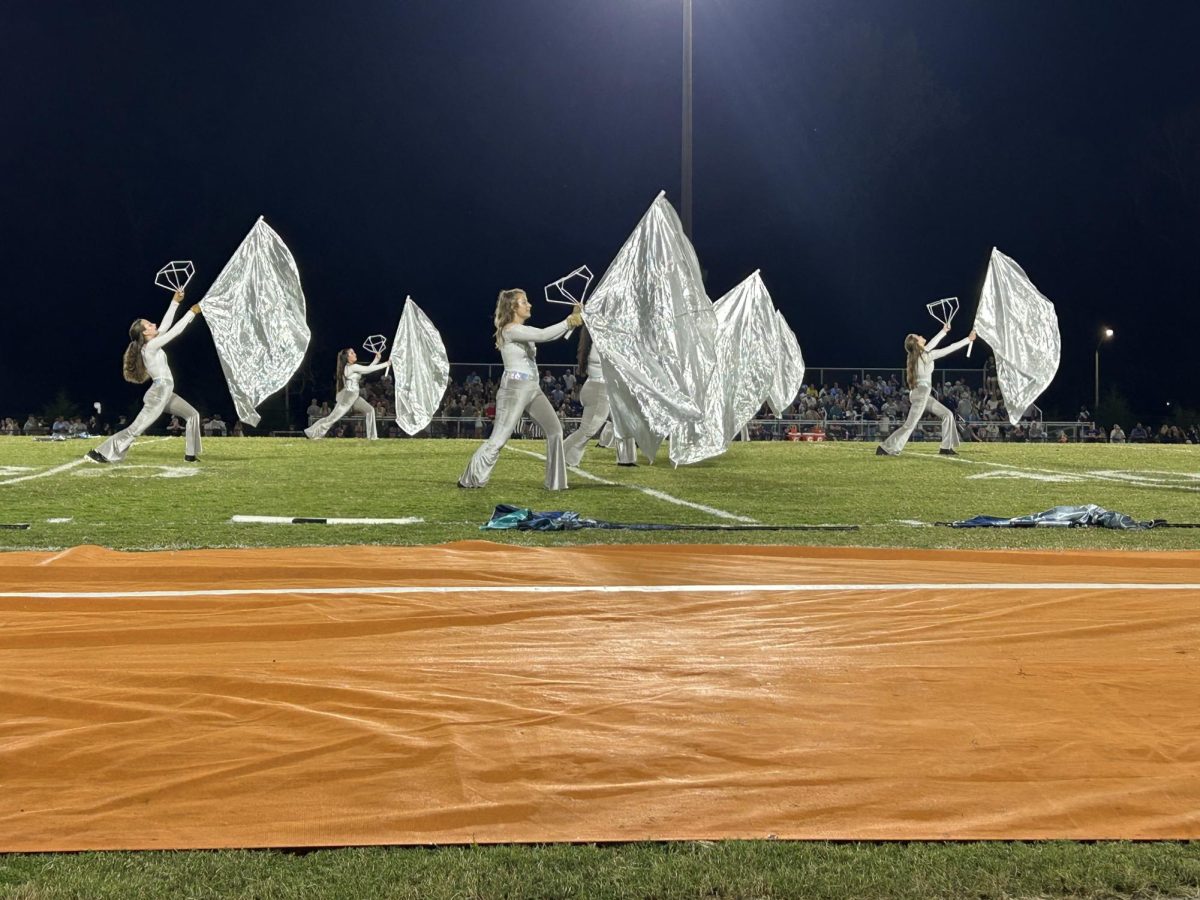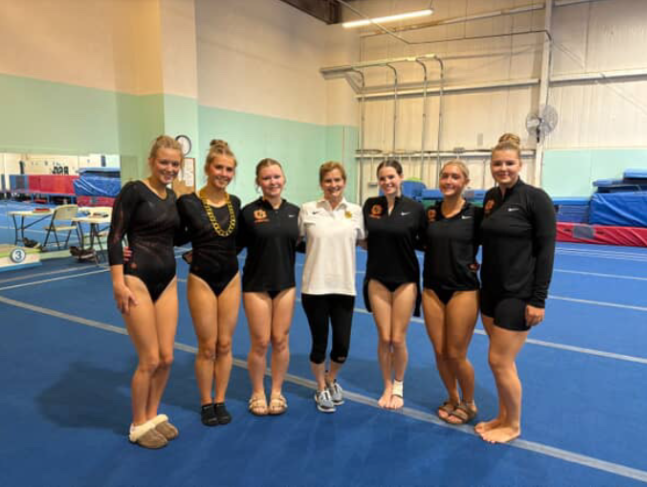For committed student-athletes, the process of securing a spot on a college team early can bring a sense of relief and direction. With having a commitment in place, students may feel reassured about their future and focus more on their athletic and academic development. For some athletes, an early commitment offers a psychological advantage by lessening the anxiety of wondering if and when an offer will come, allowing them to refine their skills and build up confidence in their sport.
Despite the advantages, early commitments come with considerable academic expectations. Most college athletic programs have high standards, requiring athletes to meet GPA and course requirements. This means that the committed athletes must stay academically focused throughout high school, balancing the demands of their sport with academic excellence. The pressure to meet the expectation of coaches, family and teammates can also take a toll, leading to performance anxiety.
“It’s kind of easier this year. I have three periods so it’s not as much homework, but I go to practice and make sure I get everything done. It’s just having a good balance between making fun, school and football together. It’s tough, but I make it work,” said senior Connor Castle.
For student-athletes with early commitments, a strong support system can make a big difference. Parents, coaches, friends, and teammates play key roles in helping students balance the demands of academics and athletics. These support networks are essential for ensuring that athletes not only thrive on the field but also prepare for the challenges of a college-level sport.
Senior Ayala Durant has recently committed to the University of Central Florida to play softball. She is excited about joining the team and becoming a part of the UCF community.
“I love the school, the environment, and my future teammates are awesome. It feels like a family. I’m not even there yet, and I feel included in everything and that’s really important to me,” said Durant.
While early college commitments give high school athletes a sense of guidance, purpose and a platform to refine their skills, they also bring significant academic and emotional responsibilities. As student-athletes navigate the pressures of balancing their sport and academics, the importance of a support system cannot be overstated. While they prepare for the next chapter in their athletic careers, these committed athletes remind us that success in sports is not defined by performance but also by personal growth.

